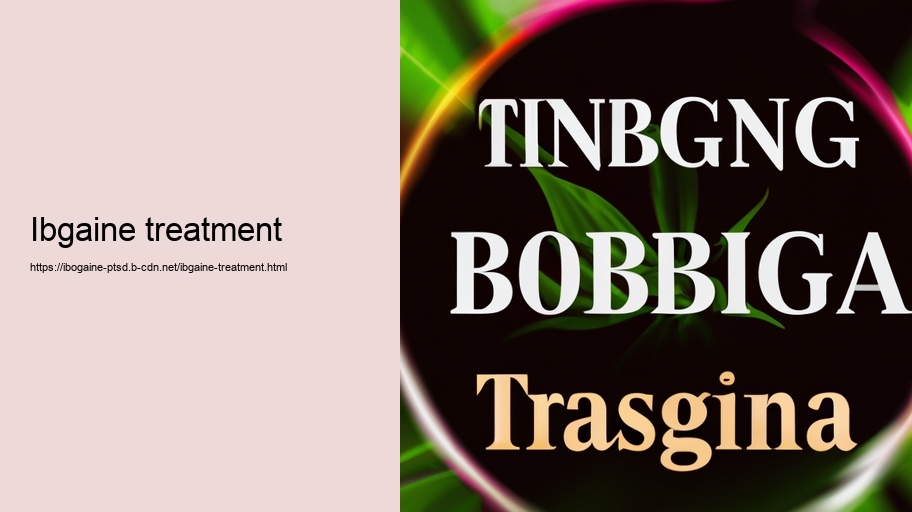Ibogaine Treatment: A Glimmer of Hope in the Fight Against Addiction
Addiction is a relentless beast, one that sinks its claws deep into the lives of those it touches, leaving a trail of broken families, lost dreams, and ravaged health. Traditional methods of combating substance dependency often involve lengthy processes with varying degrees of success. However, amid this landscape fraught with despair, ibogaine treatment emerges as a glimmer of hope—a novel approach that dares to challenge the way we think about and tackle addiction.
Ibogaine is a naturally occurring psychoactive compound derived from the root bark of the African shrub Tabernanthe iboga. Traditionally used in spiritual ceremonies by indigenous West Africans for centuries, it has gained attention in recent years for its potential to alleviate withdrawal symptoms and reduce drug cravings in individuals struggling with opioid addiction.
The journey toward rehabilitation through ibogaine begins with an understanding that it is not merely a "magic pill." It necessitates careful preparation and medical supervision due to its potent nature and the profound psychological experiences it can induce. Ibogaine treatment typically unfolds within specialized clinics where trained medical professionals oversee the entire process.
During treatment, patients receive a calculated dose of ibogaine tailored to their needs. The effects are rapid and dramatic; within hours of administration, many experience an intense psychedelic state that can last up to 36 hours. During this phase, users report visionary experiences that offer deep introspection—often confronting past traumas or life events tied to their addictive behavior. This introspective journey is sometimes described as a mental "reset," providing insights that lead to reconciling inner turmoil.
What makes ibogaine treatment unique—and potentially revolutionary—is how it appears to reset neurotransmitter systems disrupted by substance abuse. By targeting these pathways directly associated with addiction patterns, ibogaine helps mitigate withdrawal symptoms dramatically and quickly reduces drug cravings. For some addicts who have traversed the long road of relapses and disappointments, this method offers an immediate sense of reprieve almost unheard-of with conventional treatments.
Despite its promise, ibogainetreatment remains controversial mainly because it is classified as a Schedule I substance in countries like the United States—indicating no accepted medical use and high potential for abuse. Consequently, clinical research on ibogaïne’s therapeutic benefits has been limited due to stringent regulations surrounding controlled substances.
Yet testimonials from those who've undergone successful treatments are hard to ignore. They speak volumes about transformational changes—of lives reclaimed from heroin's tight grip or freedom found after years enslaved by prescription painkillers' chains—the sort of anecdotal evidence fueling interest among researchers worldwide desiring rigorous scientific evaluation.
For all its potential benefits though caution cannot be overstated when considering such powerful compounds like ibogaïne; thorough screening for underlying heart conditions or psychiatric disorders must precede any courseof action given possible risks involved including fatal arrhythmias amongst other serious side effects thus highlighting needfor professional guidance throughout entire processfrom initial assessmentthrough post-treatment support aiding integration back intosociety without relianceon previously abused substances.
In conclusion while still shroudedin controversyibogaïnetreatment stands outas beacon shining light onto darkened pathsof those seeking respitefrom clutchesof addiction whether offeringtemporary solaceor long-lasting recoveryeach story liberation adds voice growing chorus demanding further explorationinto promising yet enigmatic therapy mayhold key unlocking doors barred too longfor many sufferers around globe thereby striving towards brighter more hopeful futurefree bonds imposedbyaddiction once forall.
